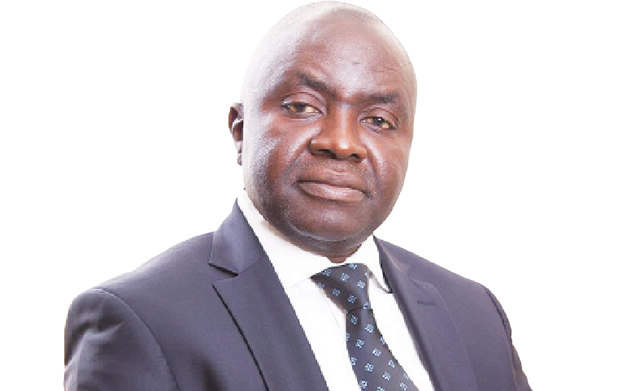
The Centre for the Promotion of Private Enterprise (CPPE) has highlighted that the irregular exchange rate is negatively influencing container traffic, resulting in a deceleration in activity at the country’s ports.
In a recent live radio broadcast, Dr. Muda Yusuf, the Chief Executive Officer of CPPE, stressed the importance of the government ensuring stability in exchange rates.
He suggested a thorough evaluation of the role of the Central Bank of Nigeria in setting customs duty rates and proposed a review of existing legislation and agreements to guarantee stability and predictability in exchange rates for customs duties.
The head of CPPE recommended the establishment of a fixed customs exchange rate for cargo clearance, ranging between N900/$ and N1,000/$, for a specified period such as three months, six months, or a year.
Yusuf emphasized that adopting a consistent exchange rate for cargo clearance over a period of three months to one year would not only support economic stability but also ensure predictability in international trade within the maritime sector.
He underscored the significance of stability and predictability in international trade, highlighting that fluctuating exchange rates can impact import cycles for a duration of 60 to 90 days.
“The decrease in exchange rate is a positive development for imports and the maritime sector in general. However, its effects may not be immediate due to the extended import cycle, which can last up to 60 to 90 days.”
Yusuf expressed optimism about the sustained trend and anticipated observing its impact on port activities within several weeks or months.
He commended recent initiatives by the Central Bank of Nigeria and fiscal authorities while emphasizing the necessity for further action regarding customs duty determination.
Yusuf highlighted that this measure would establish a planning framework and help in reducing the cost of living by mitigating inflation.
“In addition to the ongoing efforts, I urge the Central Bank of Nigeria and fiscal authorities to reconsider the customs duty issue. This is of utmost importance.
“While there may be laws and regulations assigning the determination of customs duty to the CBN, laws are made for people, not the other way around. It is crucial to reevaluate this legal arrangement to ensure stability and predictability in international trade. This is extremely vital,” emphasized the CPPE CEO.
